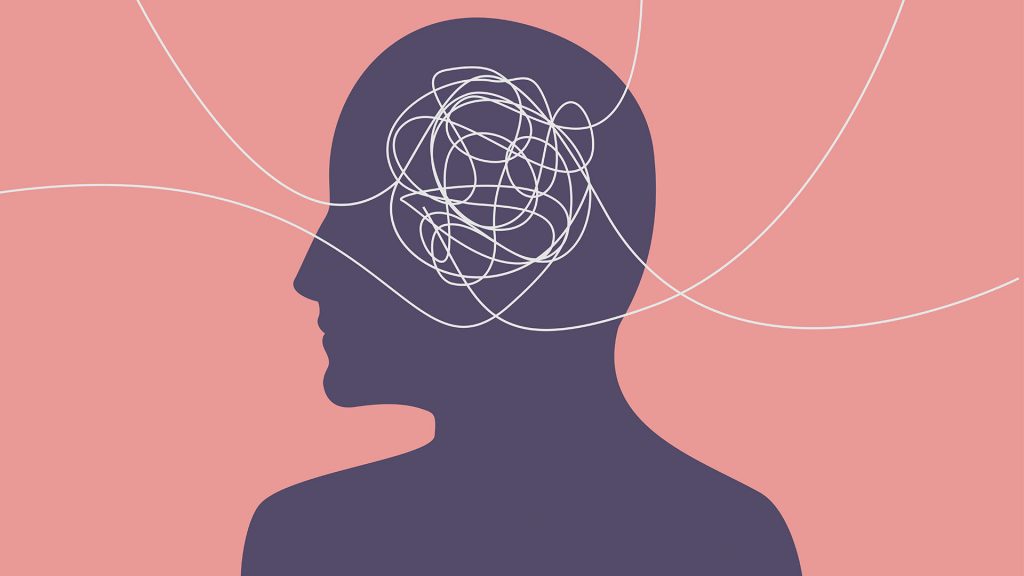What is neurodiversity, and how does it affect me?

The word ‘neurodiversity’ can be credited to Australian sociologist Judy Singer and journalist Harvey Blume in the late 1990s and is a combination of the words ‘neurological’ and ‘diversity’.
Singer (1998) wrote that “the Neurologically Different represent a new addition to the familiar political categories of class/gender/race and will augment the insights of the social model of disability”. Blume (1998) backs this up by agreeing that “neurodiversity may be every bit as crucial for the human race as biodiversity is for life in general”. He went on to ask who can say what form of wiring will prove best at any given moment?
Neurodiversity is an umbrella term for neurological conditions and identifications. They include but are not restricted to conditions and identifications such as Autism, ADHD (Attention Deficit Hyperactive Disorder), Dyslexia, Dyspraxia and Tourette’s.
It is common for people with a neurodivergent profile to have one or more of the conditions highlighted above. Steiner (2019) explains how “neurodiversity recognises that the brains of people who have neurological conditions are simply ‘wired differently’.”
He goes on to say that the goal is not to find ways to “cure” the disability, but to embrace the person and treat them as an equal member of the community. Their differences should be respected and considered normal.
More recently, Professor Kirby (2021) wrote that “neurodiversity is about all our brains and how we think, act, move and communicate. Some of us have ‘spiky profiles’ that mean we have specific strengths but sometimes the challenges in the environment we are in or the demands put on us can reduce the potential to showcase the talents and skills”.
As someone who is neurodivergent, I would definitely describe myself as having a ‘spiky profile’. Someone recently said, “aren’t we all neurodiverse?” this is true, simply by the fact that we all show a great deal of variety. I do believe that the more you investigate neurodiversity, the more you see that everyone is somewhere on a spectrum.
The more I read and listen to others, the more I think “wow, that’s me!”. Yes, I have 20 books on my kindle, and five paperbacks which I’ve started that I could pick up and read at any time, and yes, I have 15 tabs open on my computer. It’s the same for emails, but I know where everything is and what needs doing. I know I get easily distracted and I know what I need to do to get jobs done. I work best under pressure.
It has been recognised by some, that people with a neurodivergent profile can be seen to have a competitive advantage. The ability to think outside the box when dealing with difficult or challenging situations has been one reason why large blue-sky companies are renowned for employing staff with a neurodivergent profile. The hashtags #SuperPowers and #Differentisgood are often used by supporters of neurodiversity as part of social media campaigns.
Some days I believe that my lack of filter is my competitive advantage, however it can also be a curse. I have spent so long training myself to think before I speak, yet on occasion just saying what I think can be just what is needed. Another superpower leads me to hyperfocus; I am tenacious, I just keep going, especially when I am fighting for something I am passionate about, such as equality, diversity and inclusivity.
Several years ago, Loughborough University signed up to Disability Confident. Disability Confident is a government scheme that helps employers attract, recruit and retain disabled staff. It provides advice and information to encourage organisations to think differently about disability and how to take action to make the workplace more accessible. The Disability Confident scheme has replaced the previous Guaranteed Interview scheme and Two Ticks scheme.
The Inclusivity Group consider this commitment by the University to be a great step forward in making an inclusive working environment for all those with physical and hidden disabilities. You can read more about what Loughborough has signed up to here.
In my role as Chair of the Inclusivity Group, it is my aim to help the group to raise awareness of both physical and hidden disabilities at Loughborough University, whilst having a forum for staff to raise issues and seek support. We want people to feel comfortable talking about disability, and to signpost them to seek reasonable adjustments to enable them to do their job to the best of their ability. As a group, we understand that there is a culture change required within the University to help us achieve this and that this will not happen overnight. We are, however, confident that given time and the right education, change will happen.
Anyone who identifies as having a physical or invisible disability – as well as those who are affected by such conditions, such as carers – are welcome to join the group. Please email staffinclusivitygroup@lboro.ac.uk if you would like more information.
Emma Nadin
Postgraduate Research Administrator, Mental Health First Aider and Chair of the Inclusivity Group
References
- Blume H (1998), Neurodiversity: On the neurological underpinnings of geekdom [online], The Atlantic. Available at: https://www.theatlantic.com/magazine/archive/1998/09/neurodiversity/305909/
- Kirby A (2021) Neurodiversity 101: Nurturing our Neurodiverse creative thinkers of the future [online]. Available at: https://www.linkedin.com/pulse/nurturing-our-neurodiverse-creative-thinkers-future-prof-amanda-kirby/
- Singer (1994) p64, Disability Discourse, Open University Press, UK
- Steiner (2019) The Mighty: How the Neurodiversity Movement Can Help People with Learning Difficulties. Available at: https://themighty.com/2019/08/neurodiversity-learning-disabilities/
Equity, Diversity and Inclusion
Reflections, comments, discussion and opinion on EDI topics from Loughborough University staff and students